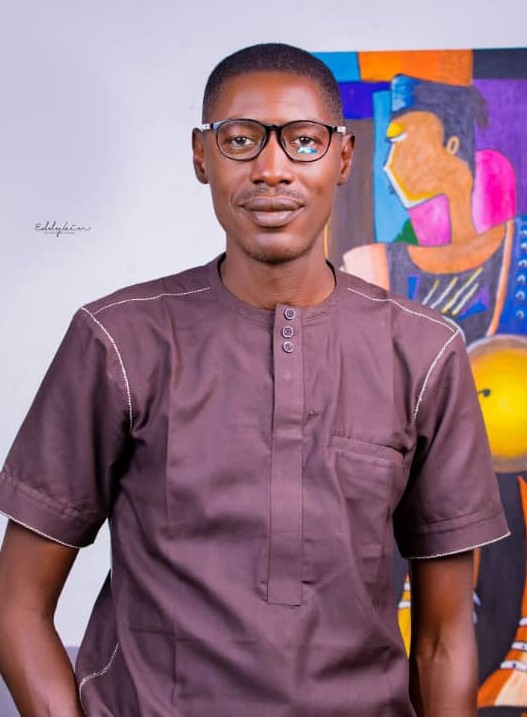DISTINGUISHING ETHNIC STRUGGLES AND POLITICS AS TOOLS TOWARDS EMANCIPATION OF THE MINORITIES
ISOZI
An ethnic group is regarded as social collectiveness whose members not only share objective characteristics as language, core-territory, ancestral myths, culture, religion and political organization, but also have some subjective consciousness or perception of common decent and identity. Nigeria has over 500 languages and about 371 ethnic groups with Hausa, Yoruba and Igbo as the majority. The country is separated into geographical political entities called ‘Regions’ and ‘States’ where every ethnic group is incorporated based on its ancestral origin. The ratio of distribution of ethnic groups in a particular region, state or area is what gives rise to ‘majority’ and ‘minority’ ethnic groups.
Human psychological egoism has led to formulation of stratified societies towards control of available resources. By nature, specie forming the majority dominates the minority leading to struggles and competition. In organised human societies, the unequal treatment and systematic discrimination of minority communities by dominant groups resurrects the need for agitations which could be in form of rebellion, pressure, protest and insurrection if not diplomatically handled. Elites of a disadvantaged ethnic group usually mobilize and engage in ethnic conflict. Ethnic conflict is a conflict between two or more ethnic groups towards political, social, economic or religious dominance or recognition. The individuals in conflict expressively fight for their ethnic group’s position and interest within the society.
Minority ethnic struggles in northern Nigeria are wide known because of the social, economic and political discrimination they experience from the larger Hausa and Fulani ethnic groups dominance in the region. Major problem faced by northern minorities include; threat to cultural extinction, socio-political and economic marginalization. This problem culminates from the specific contradictions and tensions in the evolution and operation of the Nigerian federal system. Several aspects of the federalist crises can be identified to include: the over-centralization of the government system; the inadequate recognition of the country’s ethnic configuration in the territorial organization of the federation; the relatively limited development of accommodative consensual power-sharing mechanisms; lack of equal representation in governance, unequal development and economic opportunities etc.
Movements, associations, coalitions and alliances are formed by the minority ethnic groups to push certain agendas towards protecting their interests. These interests are pursued using different methods to include lobbying, agitations, pressure, legal action, protests, dialogues and diplomacy depending on situations and extent of provocations. With the inception of stable democracy in Nigeria, there seem to be a misunderstanding between ‘Ethnic Struggles” and “Politics” as many take politics for ethnic struggles. Politics in Nigeria are defined along political party interests that may not tally with the interest of the minority ethnic groups. Politics in Nigeria is about winning the highest number of votes regardless of whatever means or method used. There could be campaign promises and deals struck to favour a disgruntled group but there could be no guarantee of fulfilling those promises when elections are over and objectives achieved. Politics is the fastest way of generating rivalry between brothers and sisters from the same community divided along party lines. The benefactors of dividends of politics are mostly party members who worked and stood loyal to the cause of the political party until they won, necessitating compensation in form of appointments, cash or contracts.
However, if there are uncompromised ethnic minority members who are benefactors of politics dominated by the majority ethnic group, they may use their influence to draw modalities towards achieving outlined community interests in line with the struggles. Additionally, minority groups who are significant to political, educational and economic drive of a state or region are not usually underrated as they undeniably become component of successes or development. A case study is that of the Zaar community whose prominent sons and daughters have been part of political and economic drive of Bauchi state and the nation at large, but the long yearning of the people towards having an approved traditional Zaar Chiefdom from the state has suffered neglect and unnecessary delays.
In conclusion, it should be understood that although separated by a thin line, ethnic struggles and politics are not the same. Politics can be used to achieve the goals of ethnic struggles if the right-willing, uncompromised people become involved, using effective methods of approach to balance the two. It is easy to be manipulated in politics and used to sabotage the community struggles if the struggle is a threat to the dominant race.
-
Minighom Ayuba, BMLS, AMLSCN.




Comments
Post a Comment